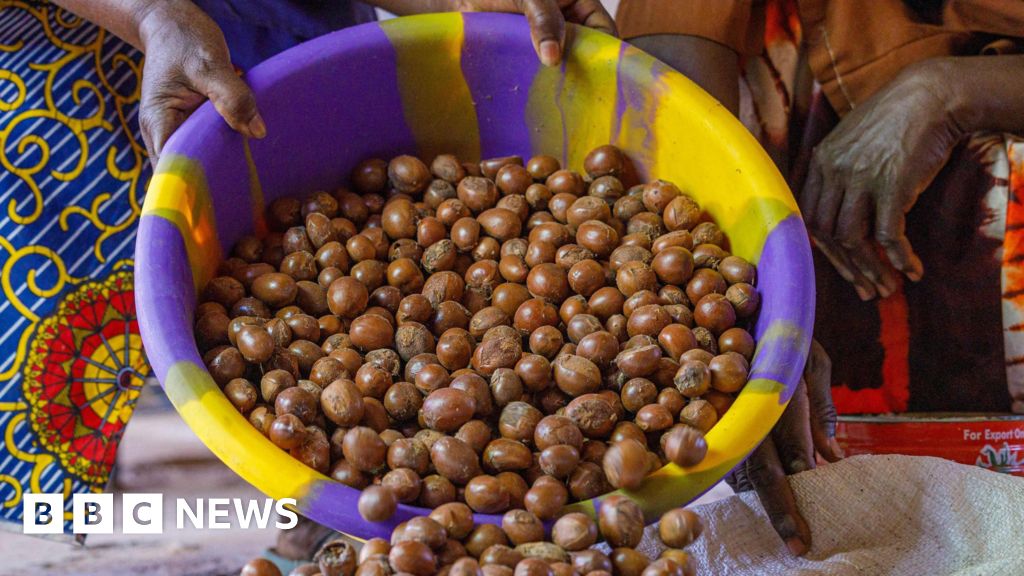Nigeria's battle against wildlife crime has taken a notable turn as the country addresses its role as a trafficking hub for pangolins—endangered mammals that are highly sought after in Asian markets. This trend has amplified due to the dwindling populations of pangolins in Asia, pushing traffickers to seek these creatures in Africa, now seen as one of the last viable sources.
In recent enforcement efforts, Nigerian authorities have arrested a Chinese national believed to be a major player in the pangolin trade and dismantled part of a supply network operating in Lagos. This operation led to five additional arrests and the confiscation of over 8,300 pounds of pangolin scales, which are derived from an estimated 1,900 animals. The scales, sought for their purported medicinal properties, have made pangolins the most trafficked mammals globally.
Michael Awe, the regional customs chief, emphasized the significance of these actions, stating that they demonstrate a firm commitment by the Nigeria Customs Service to eradicate wildlife crime. This is reinforced by intelligence cooperation with the Wildlife Justice Commission, which facilitated operations by providing evidence against trafficking networks.
The February arrest of the Chinese suspect linked to prior confiscations—totaling nearly 16,000 pounds of pangolin scales—highlights a shift toward more comprehensive law enforcement strategies. Legal expert Dr. Meganne Natali noted that ongoing intelligence gathering and international collaboration are crucial in addressing wildlife crime beyond just surface-level enforcement.
Nigeria's intensified focus on pangolin trafficking is seen as a response to the global wildlife crisis and indicates an evolving approach to conservation efforts, marking the nation as a growing player in the international landscape of wildlife protection.























